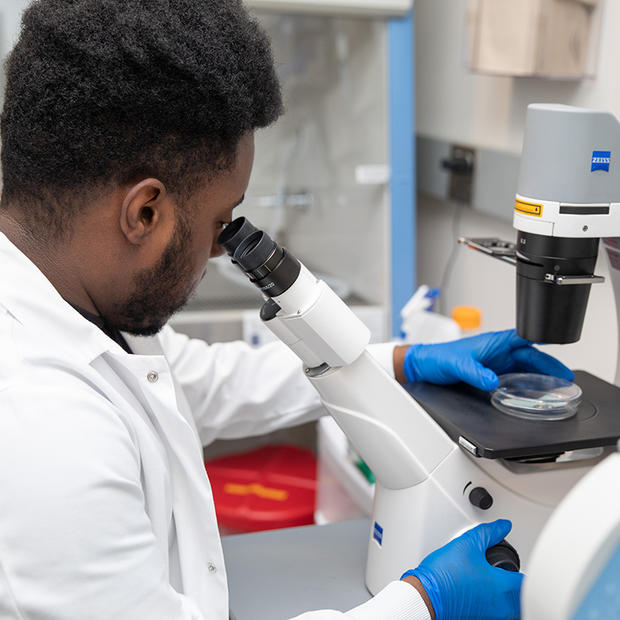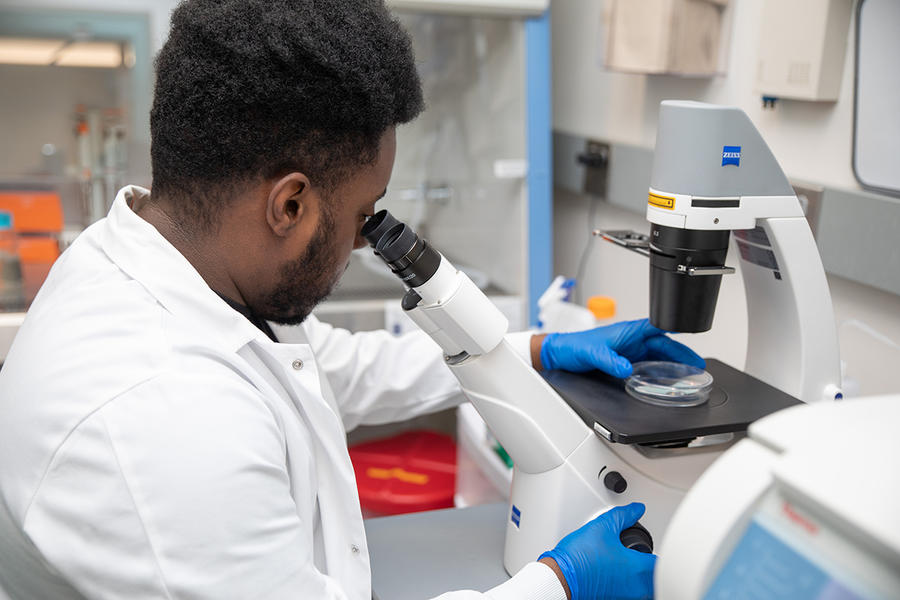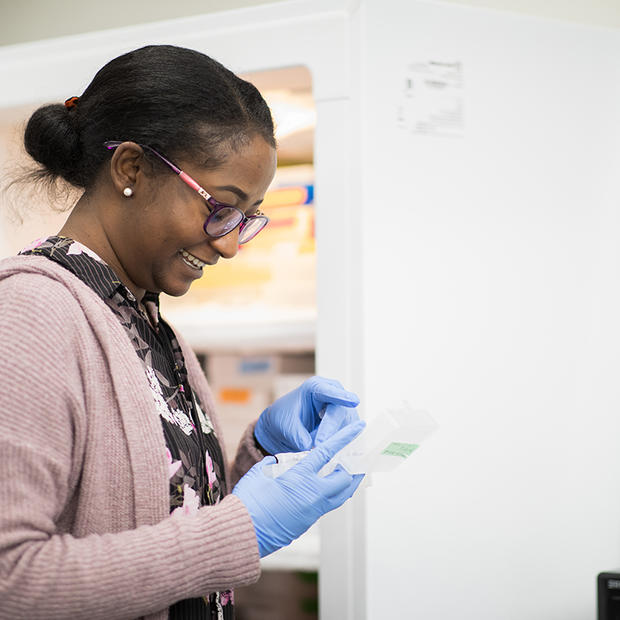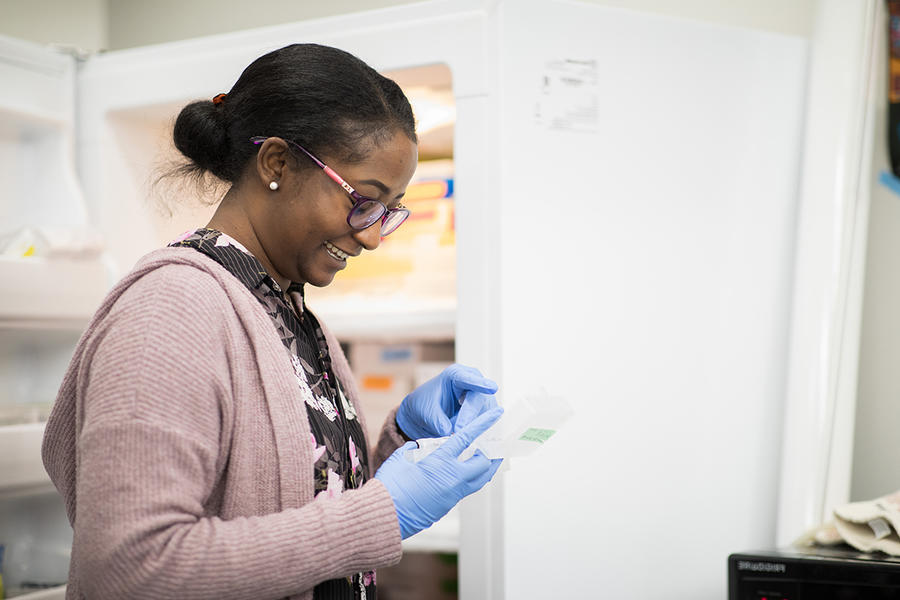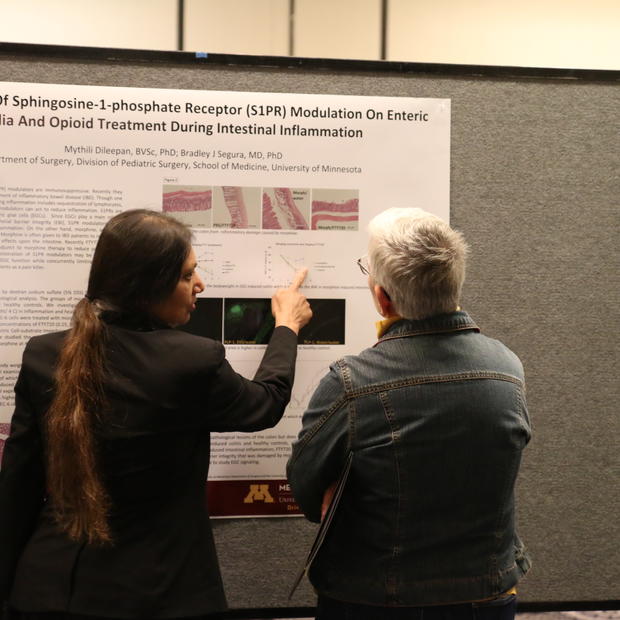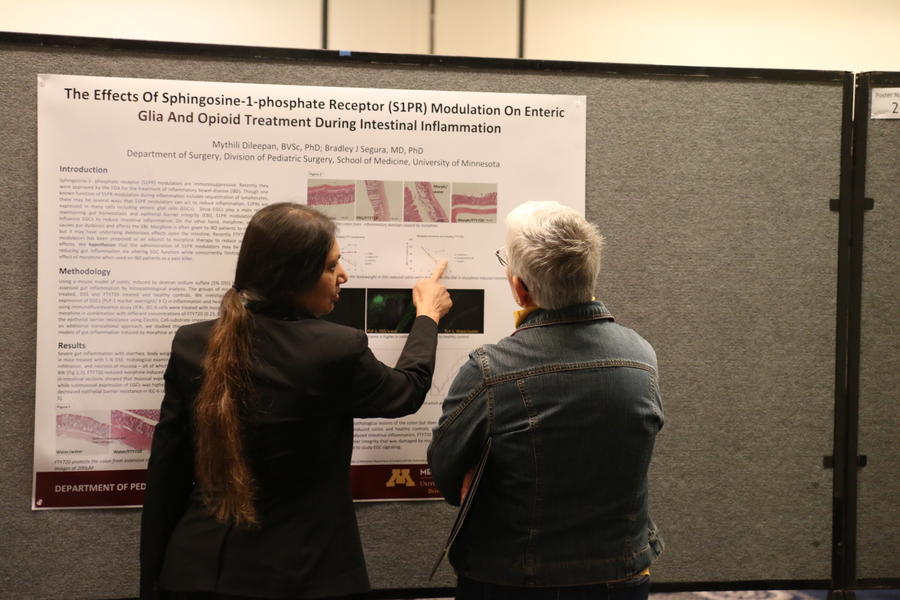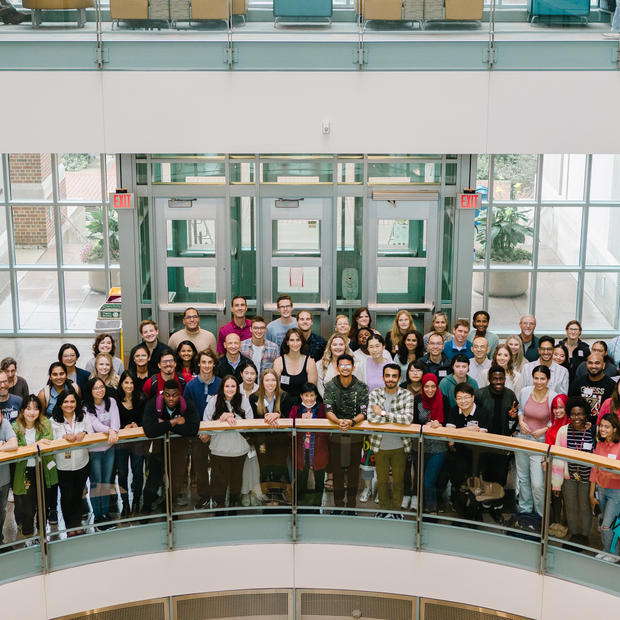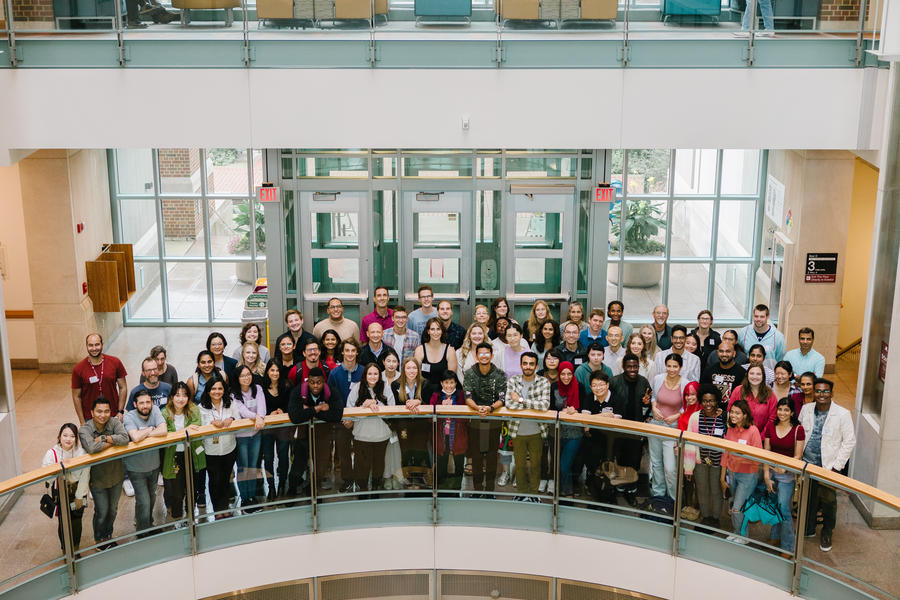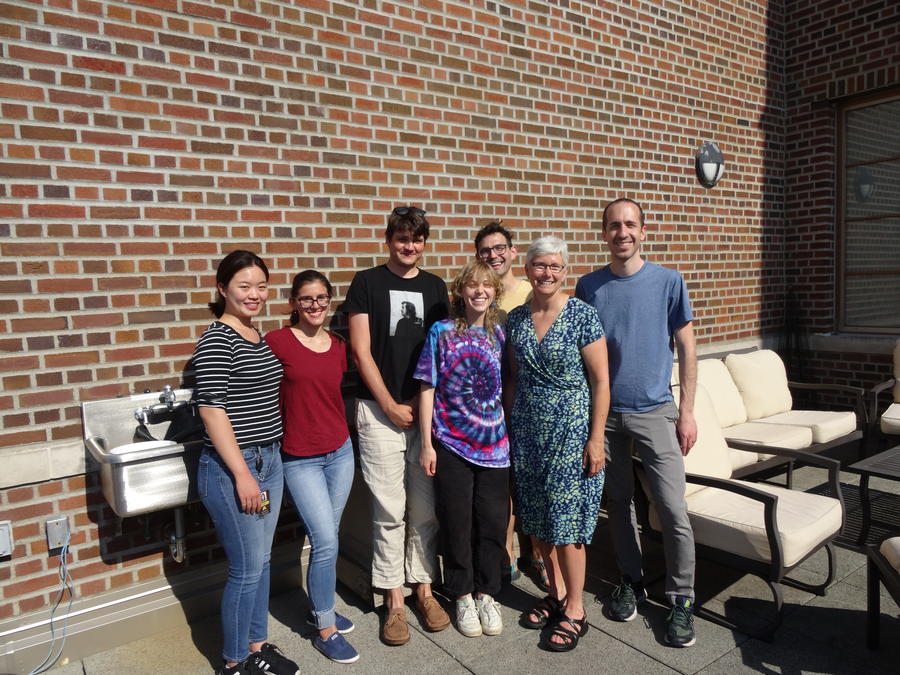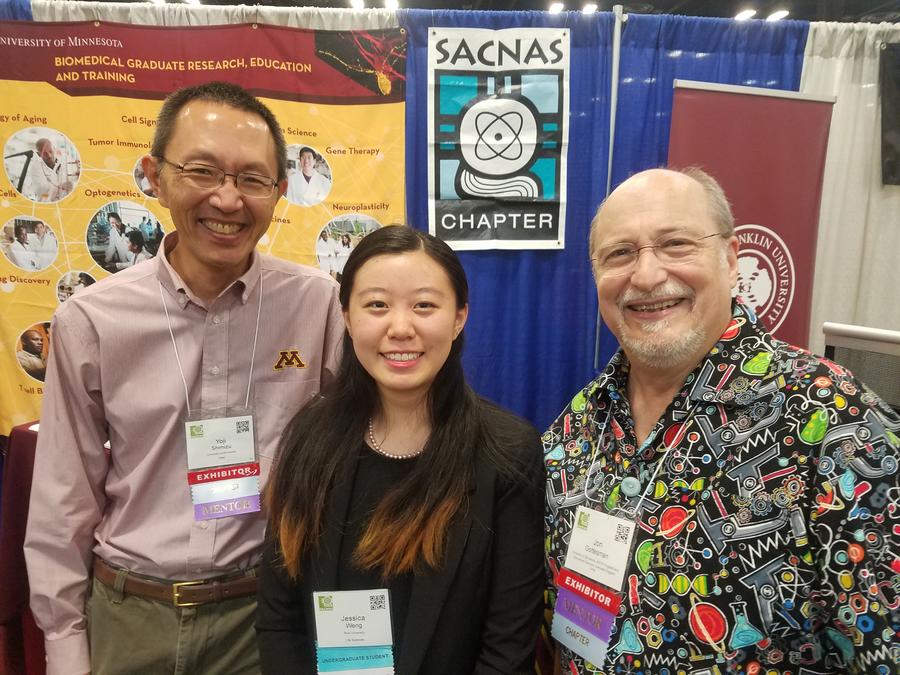Recruitment
Upcoming Recruitment Events
GPS Virtual Information Sessions
The Office of Graduate and Postdoctoral Studies (GPS) serves as a resource for current and prospective graduate students in the biomedical sciences within the Medical School. GPS supports graduate student academic, career, and personal success with resources to foster their retention and graduation. At the Medical School, we offer 11 graduate programs with MS and PhD paths. Join GPS for a virtual information session in a live webinar format to learn about the various graduate programs within the UofM Medical School, connect with GPS staff, and discover resources and services available to graduate students. Open to all prospective graduate students!
| Tuesday, August 27, 2024 | 11:00 A.M. to 12:00 P.M. Central | Register Now! |
Recruitment Efforts to Promote Diversity in the Workforce
To address the mission of diversifying the workforce in the biomedical sciences, innovative strategies and best practices are continually employed to optimally attract, retain, and train scientists and students from diverse backgrounds and life experiences.
Within the Medical School, we define underrepresented (UR) populations as individuals (a) from racial or ethnic groups underrepresented in health-related sciences, (b) with disabilities, (c) from disadvantaged backgrounds and/or (d) are women.
Evidence here at the University has corroborated the importance of underrepresented groups in fostering scientific innovation, improving learning environments and helping to increase health research to support underserved and health disparity populations. As such, several approaches to support recruitment and retention of trainees are utilized, including, but not limited to, (a) offering various mechanisms of graduate and postdoctoral fellowships and funding support for UR candidates, (b) supporting relocation costs to aid those that are from socioeconomic or other disadvantaged backgrounds, (c) establishing peer-to-peer-mentoring support to ease transition to the University for UR and/or first-generation students, and (d) partnering with various support societies and centers, such as Empowering Women in Science, BIPOC Scholars Network and the University's Disability Resource Center.
Above bar graph figure shows total pre-doctoral/PhD graduate students within the Medical School each year over the last five years. Data collected and prepared by the University of Minnesota's Institutional Data and Research Office.
Recruitment and Retention of Trainees
Extensive outreach efforts have been established to engage in best recruitment practices for our diverse and talented learners. This is through sustained partnerships with both midwest regional colleges and minority serving institutions (MSI) (i.e FIU and University of Puerto Rico campuses at Cayey, Mayaguez, Ponce, and Rio Piedras), development of pipeline pathways through partnerships with several NIGMS R25 and T34 undergraduate programs across the nation, active participation in regional and national recruitment fairs, attendance at major research conferences (i.e. AAI, ABRCMS, ABBMB, AISES, ASM, ASPET, NCUR, and SACNAS, among others) and on-campus and virtual recruitment fairs. Importantly, the GPS Office yearly taps Medical School faculty, postdoc and graduate students to actively engage in these recruitment efforts to bolster our initiatives and outcomes. These approaches provide a forum for faculty and trainees to discuss current research activities with recruits, thereby allowing us to well-present the unique offerings that set our programs apart from others.
